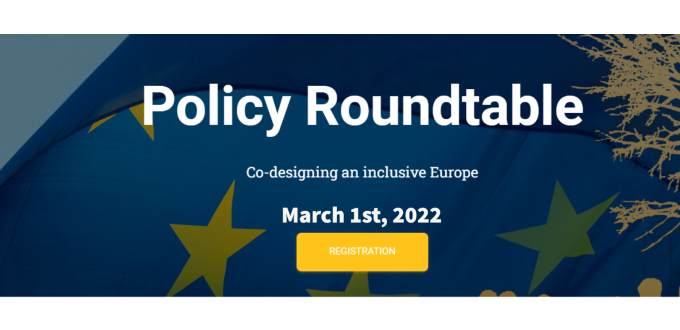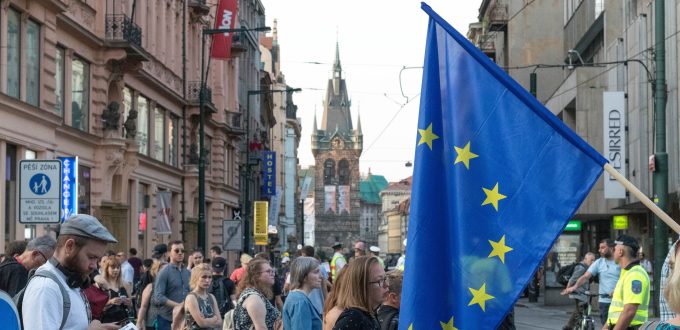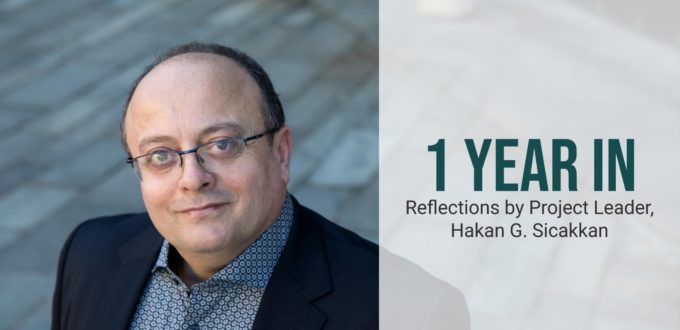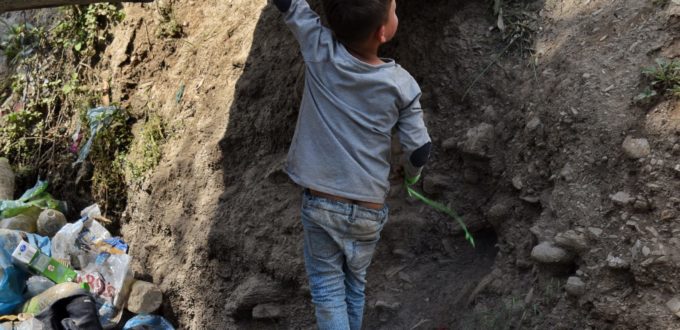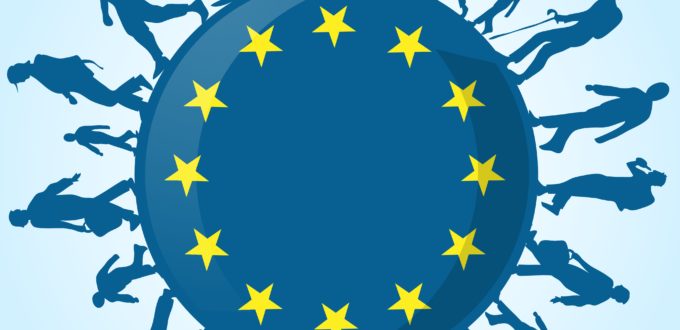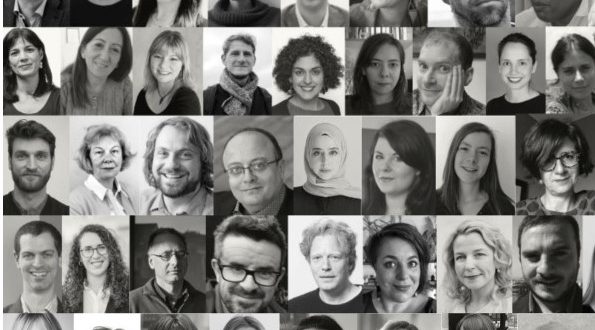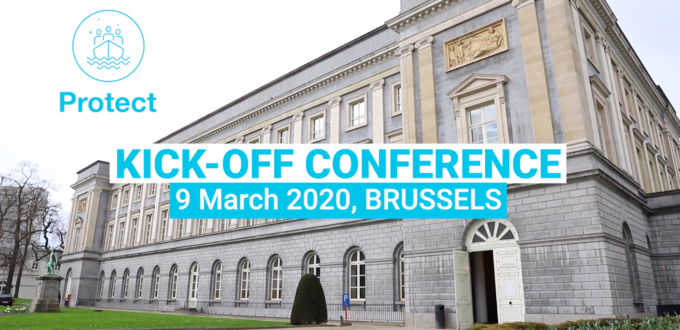Every year, more than a million asylum applications are lodged worldwide. In 2021, a total of 1.4 million claims were made, 648 thousand of which were in the European Union, but only a fraction of these will eventually lead to protection. In 2021, 22% of first instance decisions in the EU granted refugee status; another 17% granted other protection statuses. If […]
Upcoming Policy Roundtable on migration and migrants in the EU
Together with nine other EU-funded research projects, PROTECT is co-organizing a joint policy roundtable on Co-designing an inclusive Europe, with a focus on Migrations and migrants in the EU: changing narratives – modifying practices – influencing policies. The aim is to bring together researchers, practitioners, journalists, and policy-makers to discuss the potential of re-interpreting existing […]
Relocating asylum seekers or paying someone else to do it for you? What citizens have to say
Relocation of asylum seekers has been at the heart of fierce controversies over the past decade. When the refugee crisis erupted in Europe in 2014-2016, the large inflows of asylum seekers shed light on the inadequacy of a system that everyone knew to be wobbly: the Dublin Regulation. Said Regulation aims to determine which EU member state is responsible for a given asylum claim lodged in the block. It relies on a hierarchy of principles that most often ends up in attributing responsibility to the member states whose border has been irregularly crossed. For mere geographical reasons, the states that happen to be located at the external borders of the EU are the ones bearing much of the responsibility. While this system somehow works so long as influxes are low, the sizeable increases of the years 2014-2016 clearly unveiled its limits; with Italy and Greece struggling to deal with the situation and calling for solidarity from their fellow member states.
Project Leader Hakan G. Sicakkan reflects upon PROTECT’s first year
Covid-19 has not only slowed down our fieldwork but has also sneaked insidiously into all parts of PROTECT – into our survey questionnaires, interview guides, data grids, and discussion fora – as we encountered its effects on refugees and international protection in the natural course of our research. It is currently on its way into PROTECT’s global cleavage theory.
Syrian civil war at 10: the refugee crisis at a glance
The Syrian civil war has been waging for ten years and the consequences for Syria, Syrians, the neighboring states, and the region have been devastating. The crisis has left over 6.6 million Syrians in need of protection and resettlement. Still, a handful of neighboring states continue to host the majority of Syrian refugees.
EU puts ‘Dublin to bed’ and launches New Pact on Migration and Asylum.
The overcrowded Moria camp has become an image of a failed collective effort to create cross-European solidarity for refugees and asylum seekers. On 23 September 2020 the European Commission launched their New Pact on Migration and Asylum aimed at replacing the heavily criticized Dublin Regulation. But what exactly is the ‘Dublin problem’ – and which solutions do the new pact hold? Four migration researchers offer their views below.
PROTECT partner presentations: The University of Bergen
The University of Bergen on the southwestern coast of Norway is the leading partner of Protect. The university houses the initiator and project leader of Protect, Professor Hakan G. Sicakkan, as well as the rest of PROTECT’s Coordination and Management Office and Bergen-based researchers. This article dives into the research interests and contributions of the Bergen team.
PROTECT successfully launched in Brussels
A number of high-profile representatives from the academic community, civil society organizations, and international organizations were present for PROTECT’s kick-off conference in Brussels on 9 March 2020. The conference allowed both academics and stakeholders to become more familiar with PROTECT’s research objectives, Work Packages, and involved partners. Key speakers from the United Nation’s Refugee Agency (UNHCR) and the European Council on Refugees and Exiles (ECRE) also stressed the urgency of […]


